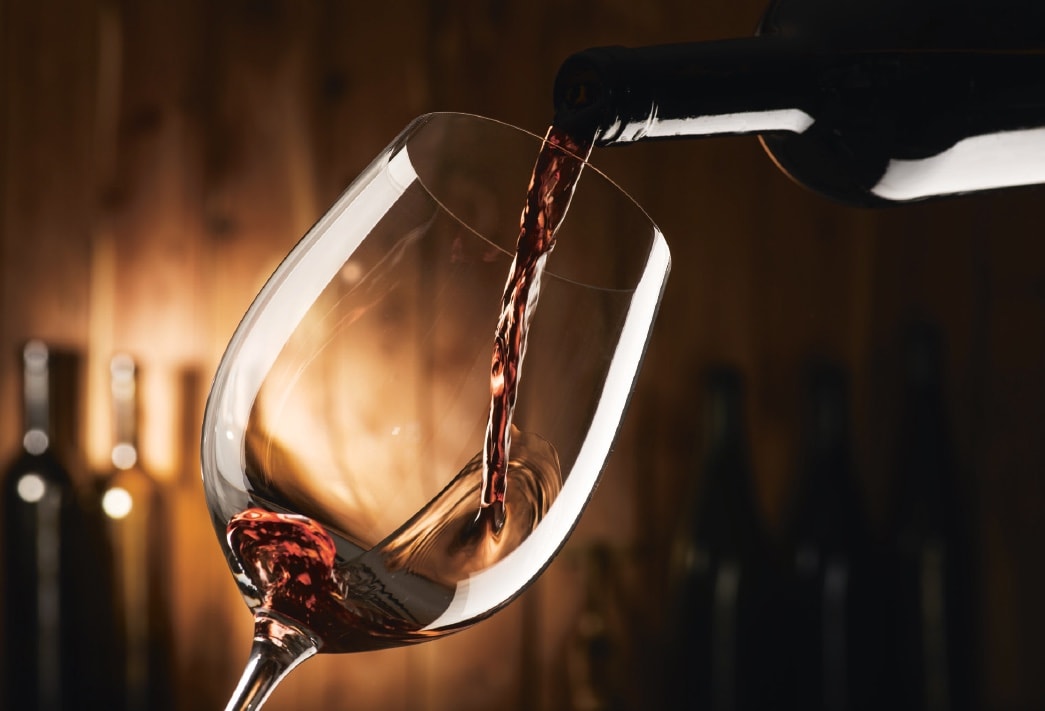
Winemaking is a tradition that is as old as time, as well as a source of never-ending inspiration for researchers and scientists. Take the Fribourg School of Engineering and Architecture (HEIA-FR): it has been involved in three innovative projects aimed at refining this age-old process. The first and most critical stage is fermentation, whereby yeast transforms the sugars present in the grape juice into alcohol. The problem is that climate change has led to higher concentrations of sugar which in turn heightens the risk of added stress on the yeast during the fermentation process. As Olivier Vorlet, Professor of Chemistry at the HEIA-FR, explains, “The procedure which we developed with the School of Viticulture and Enology in Changins involves the incremental and automated addition of the grape juice into the fermentation vat instead of pouring it all in at once, as is the current practice. This keeps the sugar content low and constant.”
Once fermented, the wine enters the aging stage. Many winemakers now use airtight stainless-steel tanks rather than traditional wooden casks which allow oxygen to permeate and come into contact with the wine. Oxygen, even in the tiniest of doses, influences the color, taste and style of the wine in both a decisive and positive way. Here, the HEIA-FR has developed a micro-oxygenator fitted with an oxygen sensor which artificially reproduces this phenomenon.
Finally, the last link in the production chain is bottling. At this stage, the supply of oxygen must be kept to an absolute minimum to ensure the longest shelf-life possible. The presence of carbon dioxide influences the acidity, tension and freshness of the wine. “By installing an exchange membrane between the tank and the bottling line, we have been able to drastically cut the oxygen content and also adjust the carbon dioxide content”, the chemistry professor proudly notes. This means that the winemaker can guarantee that the quality of the wine remains constant, with minimum use of additives. “Our prototype, which is currently in the trial stage, will be ready for market very soon. France has already expressed an interest in it.”
